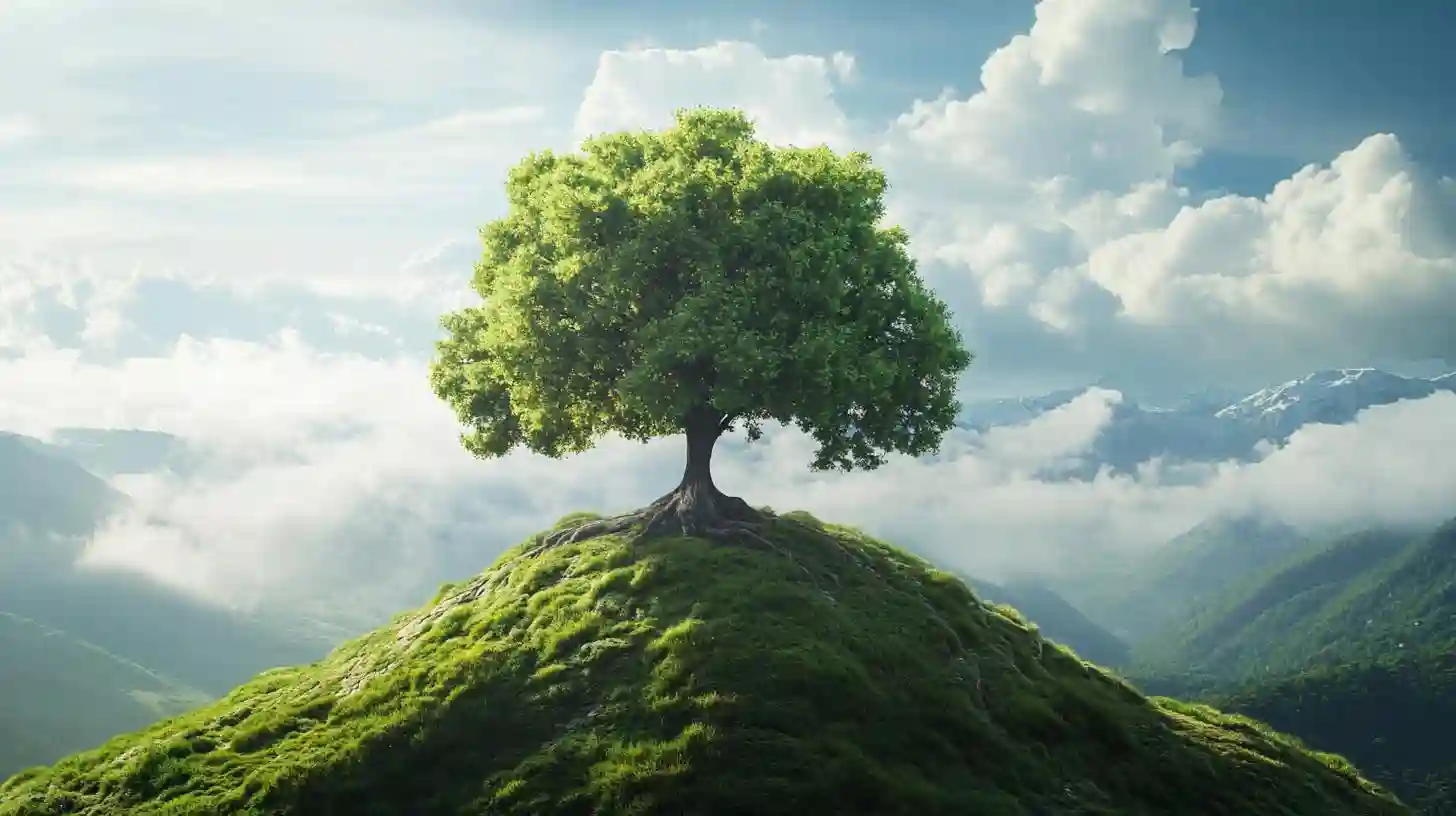
Throughout the history of environmental activism, numerous individuals have emerged as significant figures, pushing the boundaries of awareness and action regarding ecological issues. Their contributions span decades and continents, addressing various challenges that threaten the planet's health. These pioneers symbolize hope and determination in the face of environmental degradation, climate change, and biodiversity loss.
One of the most recognized environmentalists is Rachel Carson, whose groundbreaking book Silent Spring, published in 1962, sparked widespread public concern over the dangers of pesticides. Carson's advocacy for chemical regulation laid the groundwork for the modern environmental movement, emphasizing the interconnectedness of human health and ecological integrity. Her work contributed to the establishment of the U.S. Environmental Protection Agency, illustrating the profound impact one voice can have on policy and perception.
Wangari Maathai stands out as a formidable figure in the fight for environmental and women's rights, recognizing the critical link between social justice and environmental sustainability. As the founder of the Green Belt Movement in Kenya, Maathai mobilized communities to plant millions of trees, combat deforestation, and promote women’s empowerment. Her efforts not only improved local environments but also elevated grassroots organizing in the global dialogue on sustainable development.
Another influential voice is Bill McKibben, an American author and environmentalist known for his ardent activism against climate change. McKibben founded 350.org, an international grassroots climate movement aimed at reducing carbon dioxide levels in the atmosphere to a safe threshold. His writings, including the book The End of Nature, highlight the urgency of addressing climate change, making complex scientific realities accessible to a broad audience. McKibben’s campaigns, particularly around fossil fuel divestment, have galvanized global action and inspired movements across generations.
Greta Thunberg has emerged as a prominent young activist, igniting the global youth climate movement. Her solitary protest outside the Swedish parliament in 2018 catalyzed millions of students and adults to join in climate strikes around the world. Thunberg’s direct and uncompromising approach urges world leaders to take immediate and meaningful action against climate change. She underscores the moral imperative of addressing environmental issues for future generations while raising awareness of the disproportionate effects of climate change on vulnerable populations.
Through her research and writing, Vandana Shiva has become a formidable advocate for sustainable agriculture and the preservation of biodiversity. She criticizes industrial farming practices and promotes agroecology, emphasizing the importance of indigenous knowledge and the protection of seeds. Shiva's work extends beyond the environment to touch on globalization and corporate control of food systems, advocating for a world where small farmers and ecological health are priorities.
David Suzuki, a prominent Canadian scientist and broadcaster, has dedicated his life to educating the public about ecological sustainability and biodiversity conservation. His television series, The Nature of Things, has brought the wonders of nature into homes while raising pressing issues such as climate change, genetic engineering, and resource depletion. Suzuki founded the David Suzuki Foundation, which focuses on sustainability, climate action, and the promotion of ecological health. His engaging communication style has made environmental science accessible to millions.
Jane Goodall’s groundbreaking research on chimpanzees revolutionized our understanding of primates and animal behavior, but her work extends far beyond the scientific realm. Goodall has become a global ambassador for wildlife conservation and animal rights, founding the Jane Goodall Institute to promote habitat preservation and sustainable livelihoods. Her focus on community-centered conservation emphasizes the role of education and grassroots efforts in protecting biodiversity, bridging the gap between human well-being and environmental stewardship.
In the realm of urban sustainability, Majora Carter has made significant contributions by focusing on equitable urban development and environmental justice. As an advocate for sustainable economic development in overlooked communities, she emphasizes the importance of green infrastructure and equitable access to resources. Carter’s work demonstrates how environmentalism intersects with race, economics, and social justice, highlighting the need for inclusive approaches in urban planning.
Al Gore, former Vice President of the United States, has become synonymous with climate awareness through his activism and advocacy after leaving politics. His documentary An Inconvenient Truth brought the issue of global warming to the forefront of public consciousness. Gore continues to champion climate action through the Alliance for Climate Protection and other initiatives aimed at policy change and awareness-raising. His commitment to renewable energy and sustainable practices illustrates the crucial role of leadership in environmental advocacy.
Finally, Ocean Ramsey represents the fight for marine conservation and ocean protection. As a marine biologist and conservationist, she focuses on shark conservation efforts and the importance of healthy ocean ecosystems. Ramsey’s work highlights the often-overlooked role of oceans in climate regulation and biodiversity, advocating for legislation that protects marine life from overfishing and habitat destruction. Her underwater advocacy not only promotes species protection but also inspires others to appreciate and engage with marine environments.
These pioneering environmentalists, through their diverse approaches and unique voices, continue to fight for the planet, addressing complex issues that intertwine ecology, social justice, and sustainability. Their legacies remind us of the power of individual action and collective movements in the ongoing battle for a healthier, more just world. Each one contributes uniquely to the broader narrative of environmental advocacy, demonstrating that the fight for the planet involves multiple dimensions and voices, creating a rich tapestry of hope and activism.